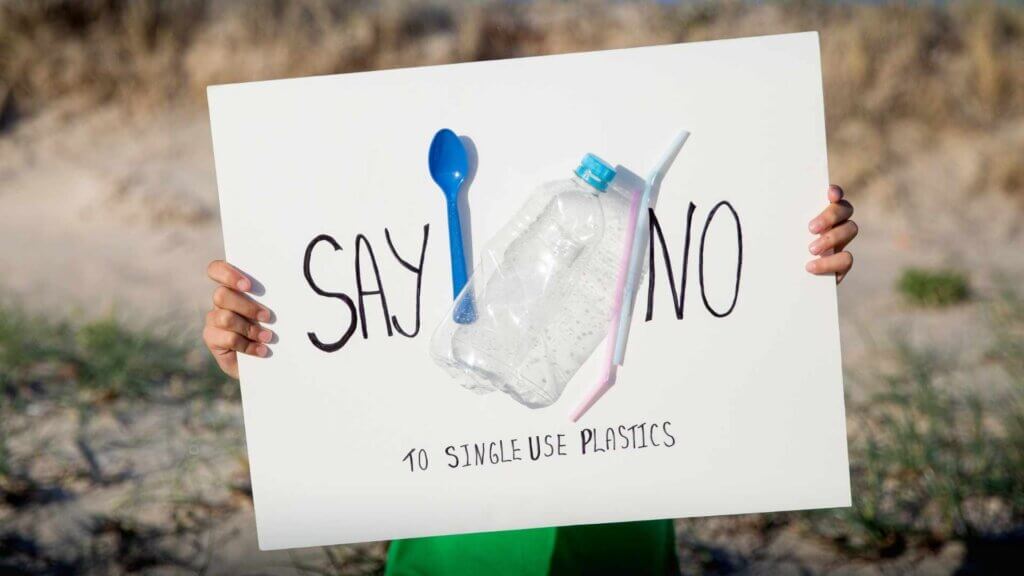Are you looking to reduce your environmental impact while still enjoying the art of baking? Being more sustainable in the kitchen is not only good for the planet but can also lead to healthier habits. Here are 5 expert tips to help you be more sustainable with baking and in the kitchen.
1. Reduce Food Waste
Did you know that around one-third of all food produced globally is wasted? To reduce food waste in your kitchen, plan your meals ahead of time, store leftovers properly, and get creative with using up ingredients before they go bad. By being mindful of what you buy and how you use it, you can significantly reduce your carbon footprint.
2. Choose Organic and Local Ingredients
Opting for organic and locally sourced ingredients can have a big impact on the environment. Organic farming practices promote soil health and biodiversity, while buying local reduces the carbon footprint associated with transportation. Look for farmers markets or local co-ops to support your community and reduce the environmental impact of your baking. In addition more natural ingredients can lead to enhanced flavours and/ or more diverse creations that will stand out from normal processed goods

3. Use Energy Efficient Appliances
When baking, choose energy-efficient appliances like convection ovens or induction cooktops. These appliances use less energy and can help reduce your overall energy consumption. Additionally, consider using a toaster oven or microwave for smaller baking tasks to save even more energy.
4. Ditch Single-Use Plastics

Single-use plastics are a major contributor to pollution, especially in the kitchen. Instead of using plastic wrap or sandwich bags, opt for reusable silicone mats, beeswax wraps, or glass containers for storing and covering your baked goods. By reducing your reliance on single-use plastics, you can help minimize plastic waste in landfills and oceans.
5. Compost Food Scraps
Instead of throwing food scraps in the trash, consider starting a compost bin for your kitchen waste. Composting not only reduces the amount of waste sent to landfills but also creates nutrient-rich soil for your garden. By composting food scraps like fruit peels, vegetable trimmings, and eggshells, you can close the loop on your kitchen's waste stream.

By following these expert tips, you can make your baking and kitchen practices more sustainable. Not only will you be helping the environment, but you'll also be fostering a healthier and more mindful approach to food preparation. Start implementing these tips today and make a positive impact on the planet with every batch of cookies or loaf of bread you bake.

